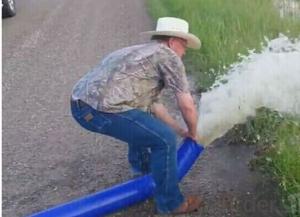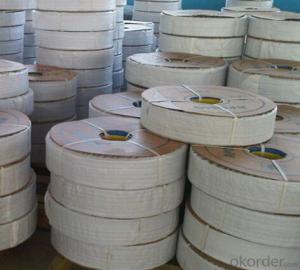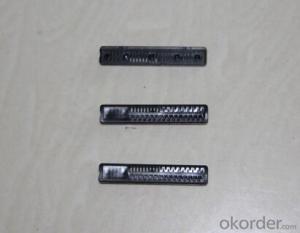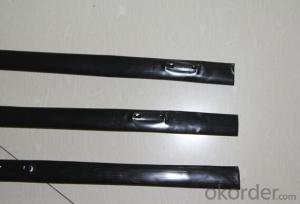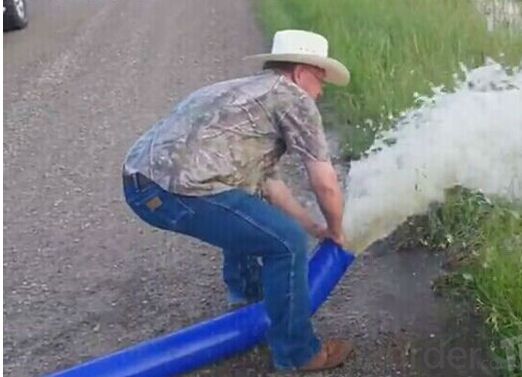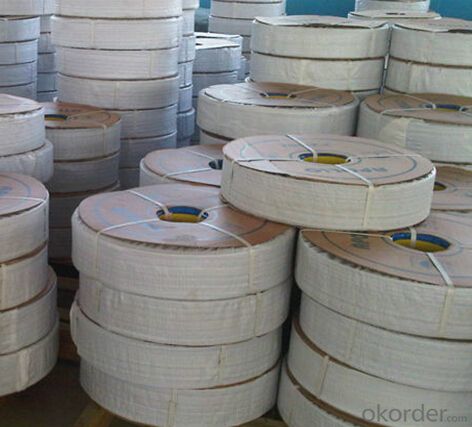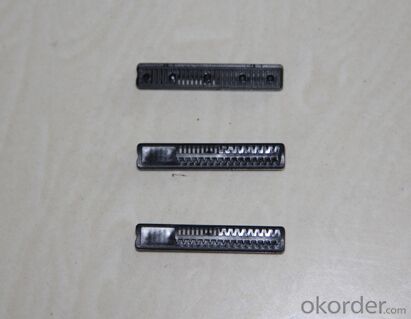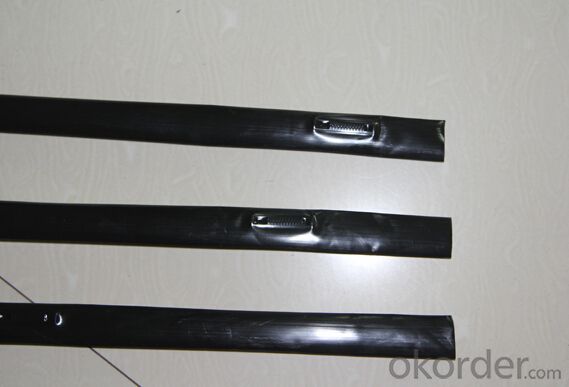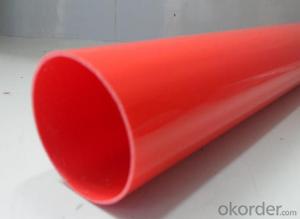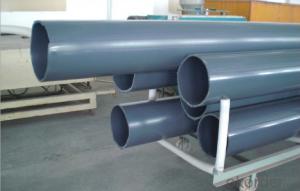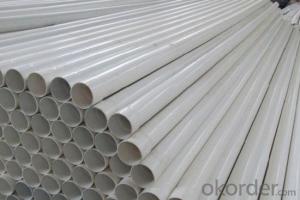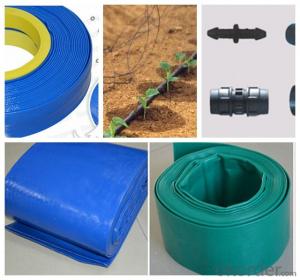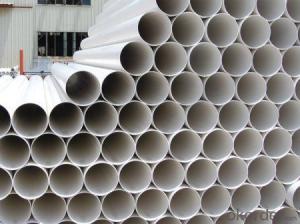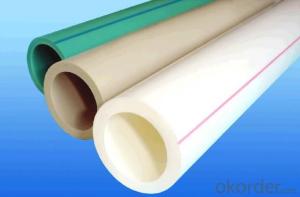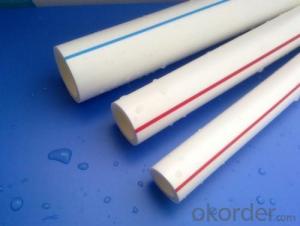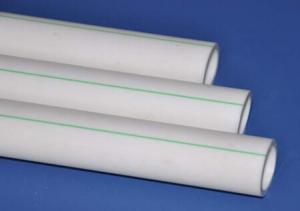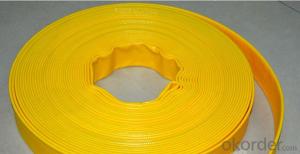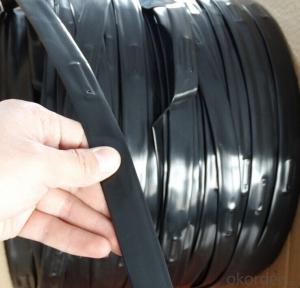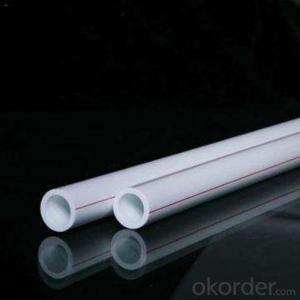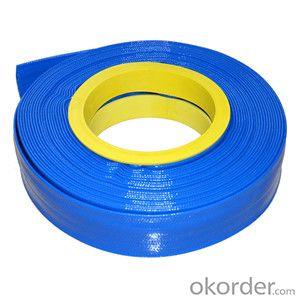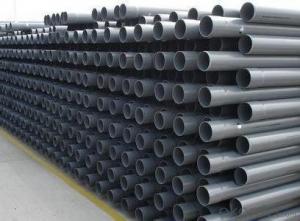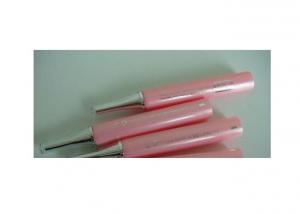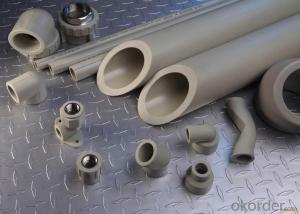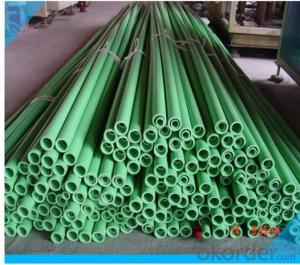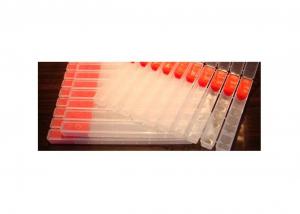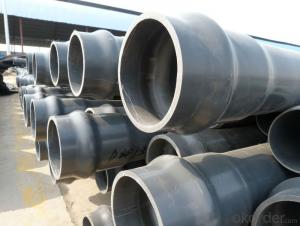Plastic Tubes - HDPE and UPVC Pipes for Agricultural Greenhouses
- Loading Port:
- Tianjin
- Payment Terms:
- TT OR LC
- Min Order Qty:
- 888 m
- Supply Capability:
- 999999000 m/month
OKorder Service Pledge
OKorder Financial Service
You Might Also Like
Description of PVC tubes are PVC resins HDPE pipes and UPVC pipes for Agriculture Greenhouse
PVC tubes are PVC resins through plastic extruder and molding plasticize and form. It has a lot of advantages like light weight, long length, small resistance of water transportation, corrosion resistance, better aging resistance, and convenient construction and so on. It has been widely used in the projects of low–pressure conveyance of water irrigation technology. The product has great advantages in energy-saving, environmental protection, economic and practical aspects and is the replacement for the traditional material.
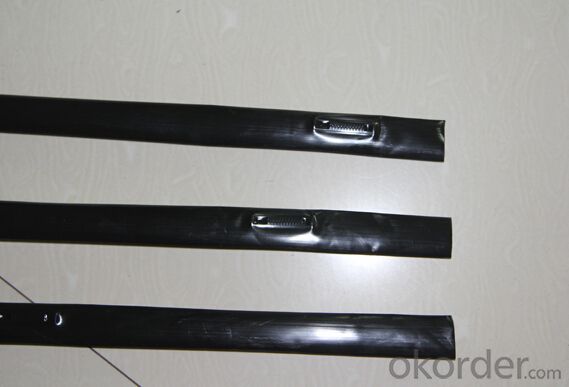
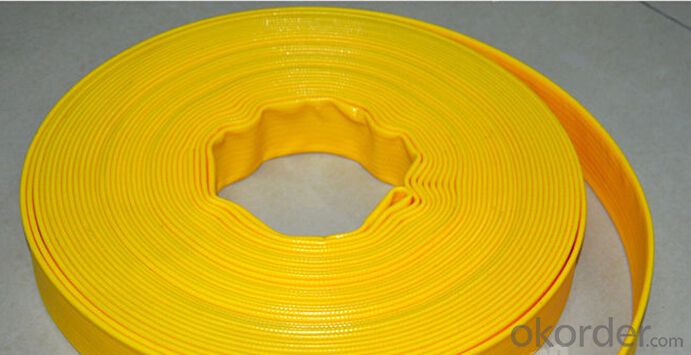
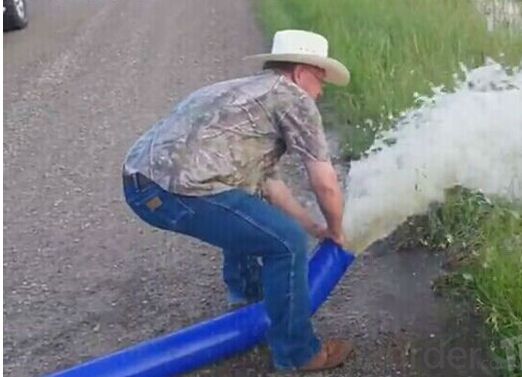
The specification of HDPE pipes and UPVC pipes for Agriculture Greenhouse
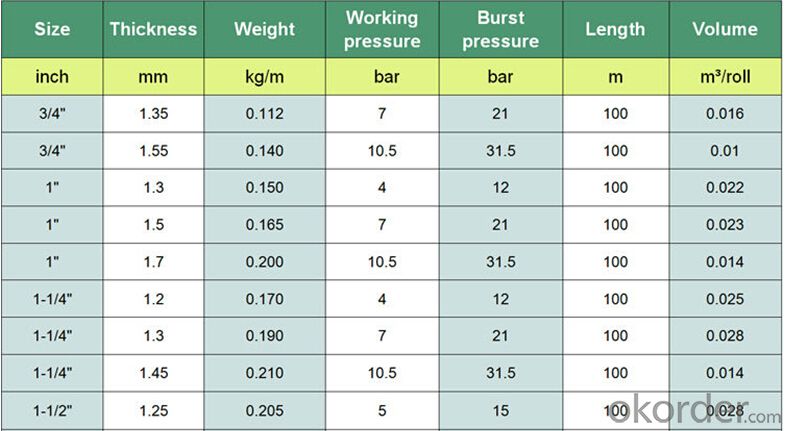
The advantages of HDPE pipes and UPVC pipes for Agriculture Greenhouse:
The PVC tubes have both advantages of HDPE pipes and UPVC pipes which are easy to be installed and maintained. And the PVC tubes’ price is lower than HDPE pipes. So it has greater future than UPVC, HDPE pipes.
Application of HDPE pipes and UPVC pipes for Agriculture Greenhouse
Indoor water supply system for civil and industrial constructions
Underground water supply system for community and factories
Urban water supply piping system
Water pipeline system in water treatment plants
Marine culture, garden irrigation and agricultural irrigation
Drilling engineering and other industrial tubes
FAQ
1.What kind of products do we produce?
The main productions of company are dripping irrigation tubes, sprinkling irrigation equipments,filter, fertilizing system, pipe fitting, tubes, and developments of new technology.
And meanwhile the company can provide customer the technology consultation and service for integratedwater and fertilizer solution.
2.which kind of certificate we have ?
ISO9000 certification is company’s management foundation. The all indicators of productions reached national standard after detecting by Ministry Water Resources Irrigation and Drainage Center and the company obtained the irrigation level II qualification.
3. what is the payment term ?
We accept LC ,TT etc .
- Q: What is the white plastic water pipe material commonly used in engineering?
- The white plastic water supply pipe commonly used in engineering is rigid PVC pipe (uPVC).UPvC tube has high impact resistance and chemical resistance. It can be added different additives according to the different requirements, so that it can meet the different requirements of physical and chemical properties. According to the structure form, they are divided into single wall tube, core layer foam pipe, radial reinforced pipe, spiral winding pipe, double wall corrugated pipe and so on.
- Q: i have 200$ to spend i am 90 lbs and 4 foot 11 inches. I want to know what i should get-- this float tube
- Rubber/plastic/canvas tubes are flexible. They can be deflated. Pontoons are usually made of rigid materials. Either will do. I suggest you check the area in which you want to fish and see what are being used. Bottom., current, wind are all factors to influence performance of such craft.
- Q: Are plastic tubes suitable for hydroponic systems?
- Yes, plastic tubes are suitable for hydroponic systems. They are commonly used as a conduit to supply nutrient-rich water to the plants' roots in hydroponic setups. Plastic tubes are lightweight, durable, and resistant to water, making them a practical choice for circulating the nutrient solution within the system. Additionally, plastic tubes can be easily configured and customized to fit different hydroponic setups, allowing for flexibility and convenience in designing and maintaining the system.
- Q: I use a length of plastic tubing and after using it for a while (few months) it changed from clear to opaque. It had been exposed to heat, alcohol and water, nothing else. If you know why it changed colors please fill me in. Also, I would like to know if it is changed chemically that might effect things traveling through it or if it is merely a cosmetic change and I can ignore it for the most part.
- If the plastic tubing was exposed to heat, then the resultant color change was most like due to a disruption in the chemical lattice of the plastic. A plastic is basically a polymer or group of polymers (polymer=same chemical compound repeated over and over again). When heat or another energy source is apllied, it has the ability to alter the polymer structure. Think of a polymer in similar terms as a crystal; all of the compounds in the plastic will align themselves in a similar way as the previous compound. When you do this with minerals, you end up with a clear or partially clear crystal. The same basic principal applies to polymers (plastics). Hope this helps!! P.S. some chemicals have the same ability to alter the plastic, same as an enrgy source..
- Q: How much should it cost to replace the Mass Airflow tube on a 2000 Mazda Protege? The tube is ripped, so it's messing with the MAF sensor. The mechanic quoted me $50 for the part (not including labor), and I just want to make sure they're not over-charging me. I mean, it is just a plastic tube...
- www.okorder / Click this:
- Q: How do plastic tubes compare to nylon tubes in terms of flexibility?
- Plastic tubes tend to be less flexible compared to nylon tubes.
- Q: What are the advantages of using plastic tubes in the agricultural packaging industry?
- There are several advantages of using plastic tubes in the agricultural packaging industry. Firstly, plastic tubes offer excellent protection and preservation of agricultural products, preventing damage and spoilage during transportation and storage. Secondly, plastic tubes are lightweight and flexible, making them easy to handle and transport in large quantities. Additionally, plastic tubes are cost-effective compared to other packaging materials, reducing overall packaging expenses for agricultural businesses. Lastly, plastic tubes are resistant to moisture and can be customized with various sizes and shapes, providing versatility and convenience for packaging different types of agricultural products.
- Q: There is rubbish in the plastic pipe. How can it be cleaned?
- The method of blowing and dredging is similar to the first one, but the other end of the plastic pipe is not connected with the faucet, but the air is blown in the mouth to achieve the purpose of dredging.
- Q: I have the heads for the cake decors, but I dont have the tube I think thats what you call it. Could I just use a plastic sandwich bag and tie it on with rubber bands. Will this work? or will it just make a mess? Thank you.
- I have tried to do this several times. I am always hopeful that it will work. Sometimes it does and sometimes it doesn't. In general, your icing can't be too thick, and your pressure on the bag can't be too heavy, or the bag breaks and you end up with a gloppy mess. It is also important to note that the cheaper the quality of the bag, the more likely you are to break it. If you take your time, and practice on a piece of wax paper (or similar) prior to starting on the cake, I think you will be able to do it. Especially if you have experience decorating cakes! Best of luck!
- Q: I don't think it's a problem, but she's worried it's going to cause some sort of problem. We live in an apartment, so we're on a sewage system. The tube was a little bigger than a SMALL toothpaste tube. Maybe two fingers wide. Should I be concerned? Should the guy who lives below me be concerned?
- I think you are ok. I wouldn't call anyone until there is actually a problem. Most likely it has already went to the tank by now. Even if it gets stuck in a trap you can unloose it with a plunger to get it to go down into the tank.
Send your message to us
Plastic Tubes - HDPE and UPVC Pipes for Agricultural Greenhouses
- Loading Port:
- Tianjin
- Payment Terms:
- TT OR LC
- Min Order Qty:
- 888 m
- Supply Capability:
- 999999000 m/month
OKorder Service Pledge
OKorder Financial Service
Similar products
Hot products
Hot Searches
Related keywords
